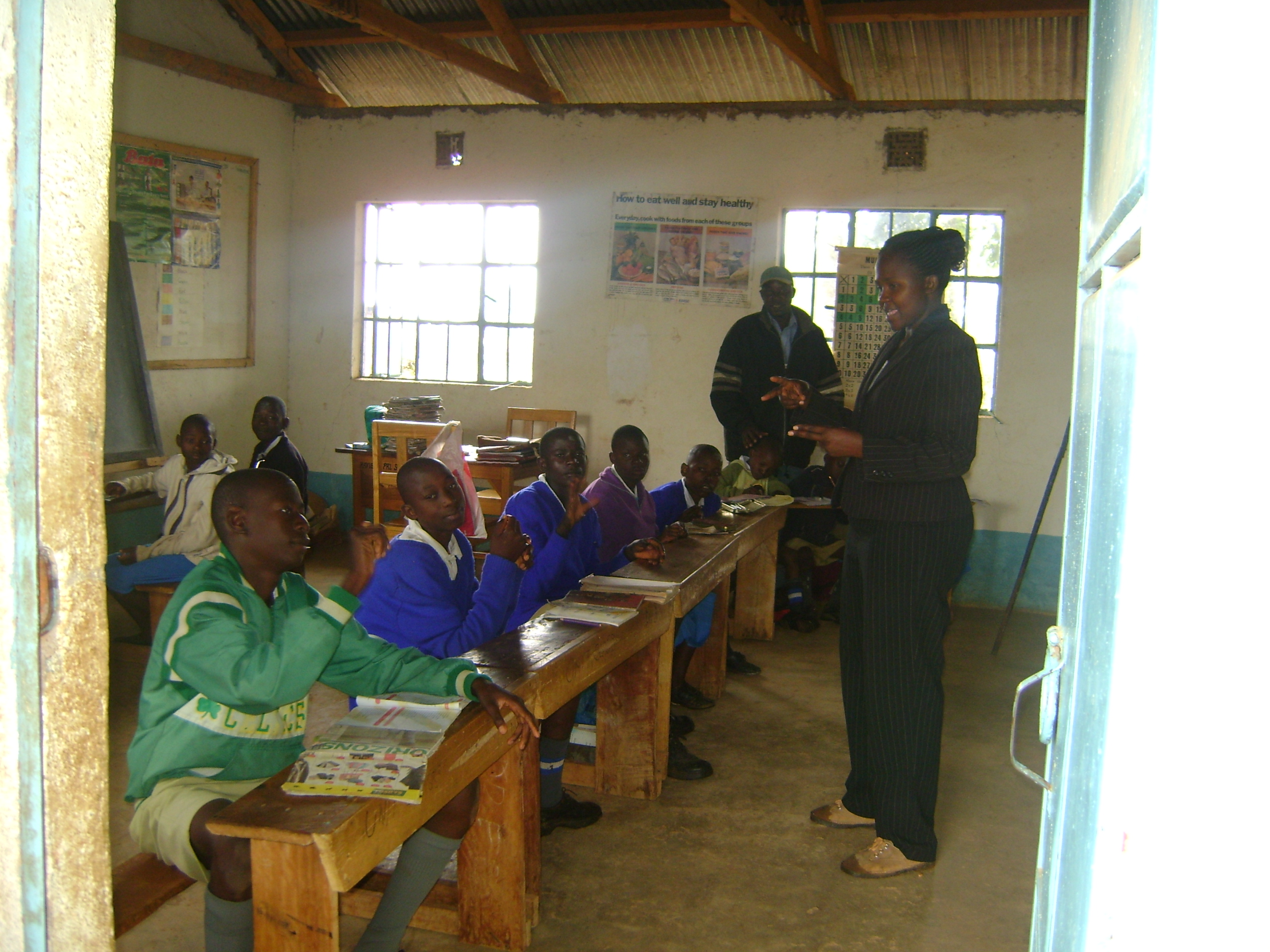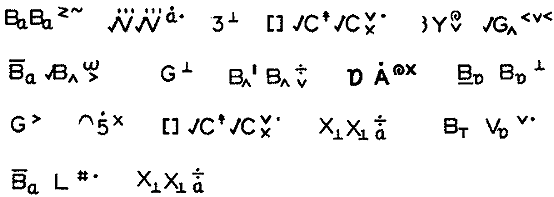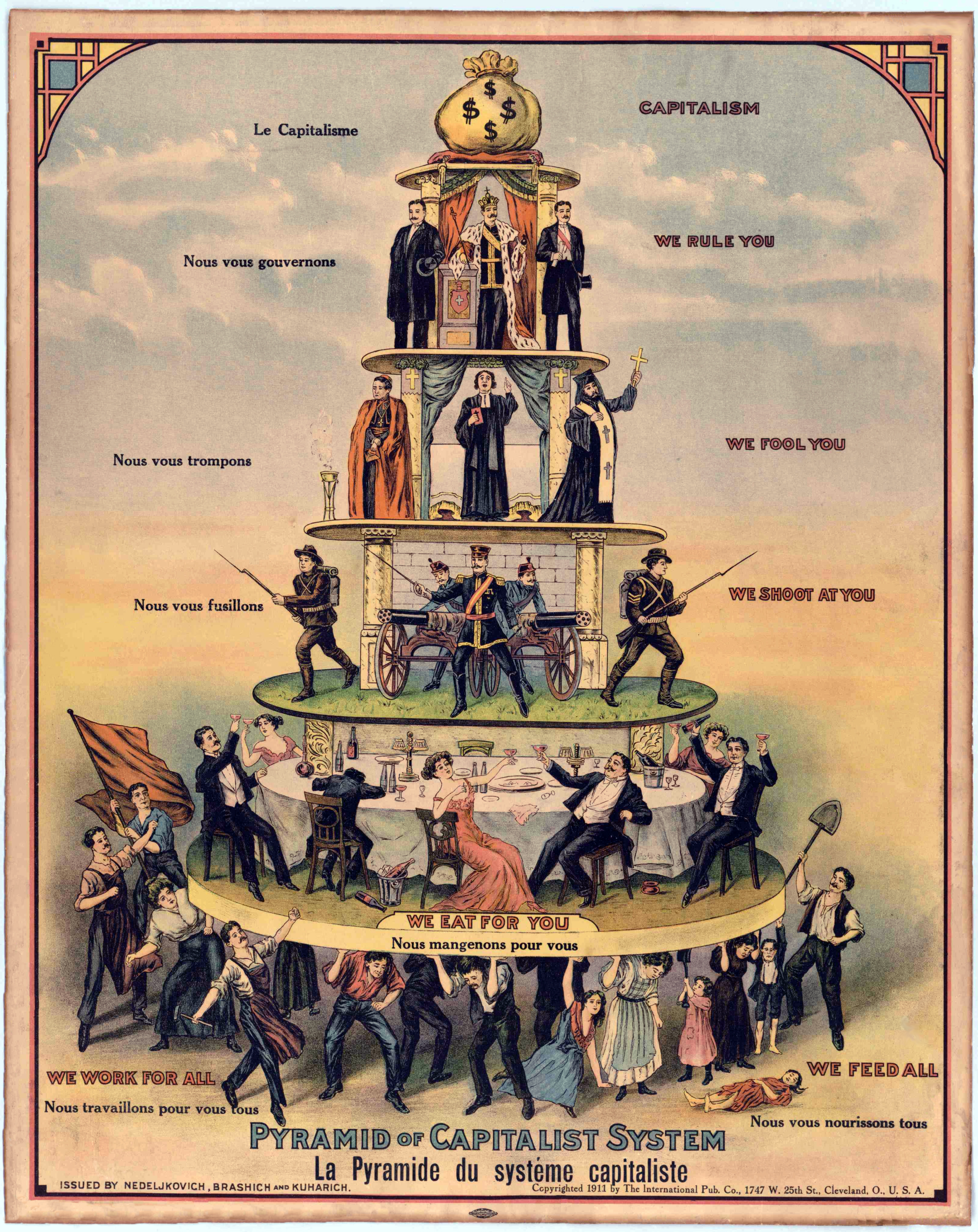|
Deafhood
Deafhood is a term coined by Paddy Ladd in his book ''Understanding Deaf Culture: In Search of Deafhood''. While the precise meaning of the word remains deliberately vague—Ladd himself calls Deafhood a "process" rather than something finite and clear—it attempts to convey an affirmative and positive acceptance of being deaf. Unlike deafness, which is often used to describe deaf people only in terms of their hearing loss, Deafhood asserts being deaf has a positive value for humankind and does not need to be cured like a disease. Many other deaf people, like Ella Mae Lentz, have used this term to explain a deaf person's unique personal journey to discover and understand themselves as a deaf person. Some in the deaf community, regardless of whether or not they had read Ladd's book, latched onto this concept as a way to unite the varied segments of the deaf community. Others have found the term too ambiguous to be helpful. H-Dirksen L. Bauman quotes Ladd's definition of Deafho ... [...More Info...] [...Related Items...] OR: [Wikipedia] [Google] [Baidu] |
Paddy Ladd
Paddy Ladd (born February 11, 1952) is an English deaf scholar, author, activist and researcher of deaf culture. Ladd was a lecturer and MSc Coordinator (MSc in Deaf Studies to approx 2007, then after a brief pause, MSc in Deafhood Studies 2009) at the Centre for Deaf Studies at the University of Bristol , mottoeng = earningpromotes one's innate power (from Horace, ''Ode 4.4'') , established = 1595 – Merchant Venturers School1876 – University College, Bristol1909 – received royal charter , type .... Despite considerable international pressure, the centre was wound down as the MSc was closed in 2009, the undergrad programme taught out from 2010 to 2013, and the centre finally closed in the July of that year. Ladd was one of the first presenters of BBC's See Hear and presented the earliest programmes from 1984 in both sign and speech. He has been a core campaigner for Deaf rights since the 80s, and was involved in the Nationa ... [...More Info...] [...Related Items...] OR: [Wikipedia] [Google] [Baidu] |
Hearing Loss
Hearing loss is a partial or total inability to Hearing, hear. Hearing loss may be present at birth or acquired at any time afterwards. Hearing loss may occur in one or both ears. In children, hearing problems can affect the ability to Language acquisition, acquire spoken language, and in adults it can create difficulties with social interaction and at work. Hearing loss can be temporary or permanent. Presbycusis, Hearing loss related to age usually affects both ears and is due to cochlear hair cell loss. In some people, particularly older people, hearing loss can result in loneliness. Deafness, Deaf people usually have little to no hearing. Hearing loss may be caused by a number of factors, including: genetics, ageing, Noise-induced hearing loss, exposure to noise, some infections, birth complications, trauma to the ear, and certain medications or toxins. A common condition that results in hearing loss is chronic ear infections. Certain infections during pregnancy, such as cyt ... [...More Info...] [...Related Items...] OR: [Wikipedia] [Google] [Baidu] |
Hearing Impairment
Hearing loss is a partial or total inability to hear. Hearing loss may be present at birth or acquired at any time afterwards. Hearing loss may occur in one or both ears. In children, hearing problems can affect the ability to acquire spoken language, and in adults it can create difficulties with social interaction and at work. Hearing loss can be temporary or permanent. Hearing loss related to age usually affects both ears and is due to cochlear hair cell loss. In some people, particularly older people, hearing loss can result in loneliness. Deaf people usually have little to no hearing. Hearing loss may be caused by a number of factors, including: genetics, ageing, exposure to noise, some infections, birth complications, trauma to the ear, and certain medications or toxins. A common condition that results in hearing loss is chronic ear infections. Certain infections during pregnancy, such as cytomegalovirus, syphilis and rubella, may also cause hearing loss in the child. ... [...More Info...] [...Related Items...] OR: [Wikipedia] [Google] [Baidu] |
Audism
Audism as described by deaf activists is a form of discrimination directed against deaf people, which may include those diagnosed as deaf from birth, or otherwise. Tom L. Humphries coined the term in his doctoral dissertation in 1975, but it did not start to catch on until Harlan Lane used it in his writing. Humphries originally applied audism to individual attitudes and practices; whereas Lane broadened the term to include oppression of deaf people. Types of audism Linguistic audism can occur by banning use of sign languages, such as the 1880 Milan conference when signed language was banned in schools. Many schools throughout the world engaged in such prohibition and some continue to do so. Audism may also be found in deaf education and in other corporate institutions and groups that deal with deafness. In these cases the educators, administrators, and professionals within these organizations behave in a way that is meant to dominate or marginalize the deaf community. Dyscons ... [...More Info...] [...Related Items...] OR: [Wikipedia] [Google] [Baidu] |
Age Of Enlightenment
The Age of Enlightenment or the Enlightenment; german: Aufklärung, "Enlightenment"; it, L'Illuminismo, "Enlightenment"; pl, Oświecenie, "Enlightenment"; pt, Iluminismo, "Enlightenment"; es, La Ilustración, "Enlightenment" was an intellectual and philosophical movement that dominated Europe in the 17th and 18th centuries with global influences and effects. The Enlightenment included a range of ideas centered on the value of human happiness, the pursuit of knowledge obtained by means of reason and the evidence of the senses, and ideals such as liberty, progress, toleration, fraternity, and constitutional government. The Enlightenment was preceded by the Scientific Revolution and the work of Francis Bacon, John Locke, and others. Some date the beginning of the Enlightenment to the publication of René Descartes' ''Discourse on the Method'' in 1637, featuring his famous dictum, ''Cogito, ergo sum'' ("I think, therefore I am"). Others cite the publication of Isaac Newto ... [...More Info...] [...Related Items...] OR: [Wikipedia] [Google] [Baidu] |
Manualism And Oralism
Deaf education is the education of students with any degree of hearing loss or deafness. This may involve, but does not always, individually-planned, systematically-monitored teaching methods, adaptive materials, accessible settings, and other interventions designed to help students achieve a higher level of self-sufficiency and success in the school and community than they would achieve with a typical classroom education. There are different language modalities used in educational setting where students get varied communication methods. A number of countries focus on training teachers to teach deaf students with a variety of approaches and have organizations to aid deaf students. Identifying deaf students Children may be identified as candidates for deaf education from their audiogram or medical history. Hearing loss is generally described as slight, mild, moderate, severe, or profound, depending upon how well a person can hear the intensities of frequencies. Of the children ... [...More Info...] [...Related Items...] OR: [Wikipedia] [Google] [Baidu] |
Oralism
Oralism is the education of deaf students through oral language by using lip reading, speech, and mimicking the mouth shapes and breathing patterns of speech.Through Deaf Eyes. Diane Garey, Lawrence R. Hott. DVD, PBS (Direct), 2007. Oralism came into popular use in the United States around the late 1860s. In 1867, the Clarke School for the Deaf in Northampton, Massachusetts, was the first school to start teaching in this manner. Oralism and its contrast, manualism, manifest differently in deaf education and are a source of controversy for involved communities. Oralism should not be confused with Listening and Spoken Language, a technique for teaching deaf children that emphasizes the child's perception of auditory signals from hearing aids or cochlear implants. History Early 18th century Since the beginning of formal deaf education in the 18th century in the United States, manualism and oralism have been on opposing sides of a heated debate that continues to this day.Winefield, ... [...More Info...] [...Related Items...] OR: [Wikipedia] [Google] [Baidu] |
William Stokoe
William C. Stokoe Jr. ( ; July 21, 1919 – April 4, 2000) was an American linguist and a long-time professor at Gallaudet University. His research on American Sign Language (ASL) revolutionized the understanding of ASL in the United States and sign languages throughout the world. Stokoe's work led to a widespread recognition that sign languages are true languages, exhibiting syntax and morphology, and are not only systems of gesture. Early life and education William C. Stokoe Jr. was born July 21, 1919, in Lancaster, New Hampshire. Stokoe graduated from Cornell University in 1941, from which he earned his Ph.D. in English in 1946, specializing in medieval literature. From there, he became an instructor of English at Wells College. Career From 1955 to 1970, he served as a professor and chairman of the English department at Gallaudet University, after being recruited to the position by his friend and former classmate Dean George Detmold. He published ''Sign Language Structure'' ... [...More Info...] [...Related Items...] OR: [Wikipedia] [Google] [Baidu] |
Gallaudet University
Gallaudet University ( ) is a private federally chartered research university in Washington, D.C. for the education of the deaf and hard of hearing. It was founded in 1864 as a grammar school for both deaf and blind children. It was the first school for the advanced education of the deaf and hard of hearing in the world and remains the only higher education institution in which all programs and services are specifically designed to accommodate deaf and hard of hearing students. Hearing students are admitted to the graduate school and a small number are also admitted as undergraduates each year. The university was named after Thomas Hopkins Gallaudet, a notable figure in the advancement of deaf education. Gallaudet University is officially bilingual, with American Sign Language (ASL) and written English used for instruction and by the college community. Although there are no specific ASL proficiency requirements for undergraduate admission, many graduate programs require varying ... [...More Info...] [...Related Items...] OR: [Wikipedia] [Google] [Baidu] |
Identity Politics
Identity politics is a political approach wherein people of a particular race, nationality, religion, gender, sexual orientation, social background, social class, or other identifying factors develop political agendas that are based upon these identities. Identity politics is deeply connected with the idea that some groups in society are oppressed and begins with analysis of that oppression. The term is used primarily to describe political movements in western societies, covering nationalist, multicultural, women's rights, civil rights, and LGBT movements. The term "identity politics" dates to the late twentieth century although it had precursors in the writings of individuals such as Mary Wollstonecraft and Frantz Fanon. Many contemporary advocates of identity politics take an intersectional perspective, which accounts for the range of interacting systems of oppression that may affect their lives and come from their various identities. According to many who describe themselves ... [...More Info...] [...Related Items...] OR: [Wikipedia] [Google] [Baidu] |






